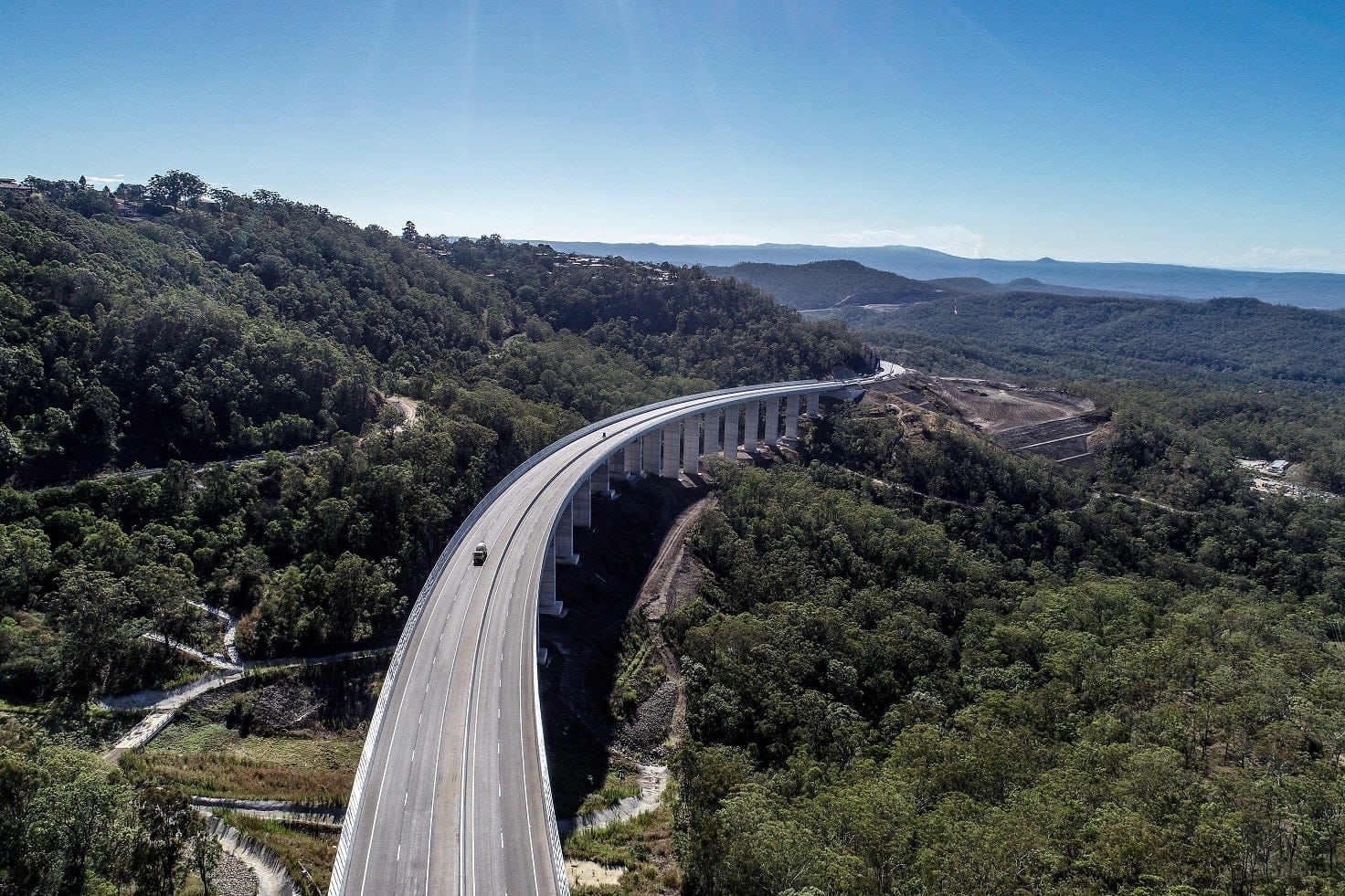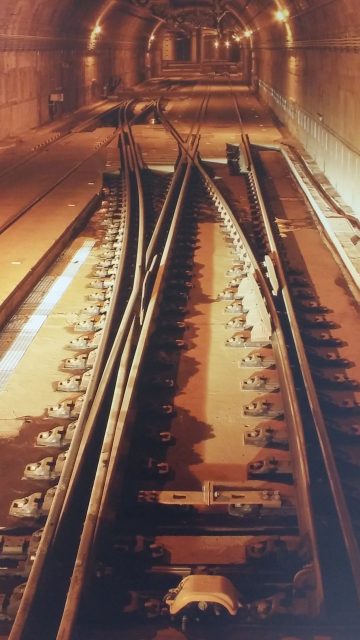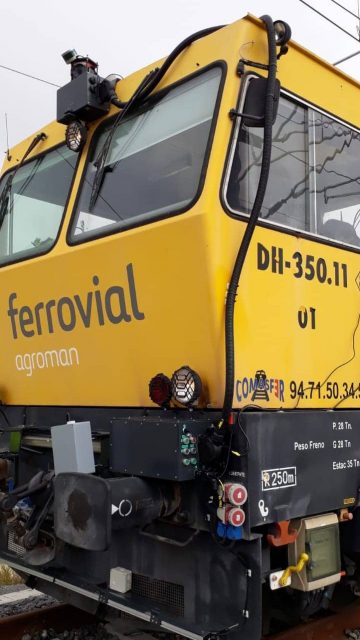

Andalucía, Spain
-
14M
Participants
-
7
Countries
-
20%
Improvement in Mobility
News
Ferrovial particpating in Safeway
Read more
SAFEWAY seeks to lead to a more precise, large scale and detailed infrastructure management with a special focus on interurban rail and road networks as a representative of the main critical infrastructures and maintenance expenditures.
Main Goal of the Project
SAFEWAY project is an initiative included in the European Research and Innovation Framework Program called Horizon 2020-EU.3.4. and is part of the call for proposals: H2020-MG-2017-Two-Stages: Resilience to extreme (natural and man-made) events SAFEWAY’s main goal will be achieved by developing a robust decision-making system for Infrastructure Management that includes: (i) intelligent materials and devices for accurate sensing of infrastructure performance to mitigate risks caused by external hazards; (ii) effective and dynamic predictive models that consider several actions and their impacts; (iii) green mitigation measures and dynamic traffic restoration solutions; and (iv) measures ensuring the safety of users addressing physical, psychological and behavioural dimensions.
Project Description
SAFEWAY seeks to lead to a more precise, large scale and detailed infrastructure management with a special focus on interurban rail and road networks as a representative of the main critical infrastructures and maintenance expenditures. Sudden extreme events are several climate hazards such as: heat and cold waves, river and coastal floods, droughts, wildfires and windstorms; and man-made events such as accidents and terrorism. These comprise most extreme situations, both natural as well as man-made, which cannot be anticipated solely based on conventional risk forecasting methods.
Two types of predictive models will be developed: 1) short term prediction using near real-time sensor data, and 2) a long term model based on probabilistic framework. The first model will consider risk analysis in short-term action (alarm) and second model will prioritise the hazard and measures (long-term actions). SAFEWAY will develop and implement smart materials and integrated sensors to provide permanent information about our infrastructure state, and will consider green adaptive measures to encourage more nature-based solutions for climate change adaptation in transport networks.
SAFEWAY will carry-out 4 real case studies distributed through 4 countries, linked to 5 corridors of the TEN-T Core Network. SAFEWAY has as main expected impacts: 1) at least 20% improvement in mobility and 2) at least 20% lower cost of infrastructure maintenance.
Participants
This project has the support of a consortium formed by 14 partners from 7 different countries, including 6 SME, 2 research institutes, 3 universities, 2 public administrations and 1 construction company.
- Universidade de Vigo (Spain)
- Stiftelsen Norges Geotekniske Institutt (Norway)
- University of Cambridge (UK)
- Ingenieria Insitu SL (Spain)
- Demo Consultants BV (Netherlands)
- Universidade do Minho (Portugal)
- Planetek Italia SRL (Italy)
- Infrastructure Management Consultants GMBH (Switzerland)
- Ferrovial Construction SA (Spain)
- Infraestruturas de Portugal SA (Portugal)
- Network Rail Insfrastructure Limited (UK)
- Rutten Bernardus (Netherlands)
- Innovactory International BV (Netherlands)
- Transportokonomisk Institutt (Norway)
Ferrovial Construction‘s Involvement
Not only will Ferrovial lead the tasks related to long-term intervention to build resilient European infrastructures (by identifying adaptation needs of linear infrastructure facing extreme natural and man-made hazards, and dealing with new design basis for innovative construction, retrofitting solutions and repairing works), but also our construction subsidary Ferrovial Construction will carry out two demonstrative pilots in Malaga and in Murcia in order to validate the technology and results analysed along the project. Furthermore, Ferrovial Construction will be responsible for the Exploitation and Business Plans (including the Intellectual Property Rights strategy), the training plan and the report on future standardization activities of the Infrastructure Management System.
Results
The main expected results are the following:
- Improved reliability thanks to novel designs and technologies.
- Enhanced capacity due to a less disruptive maintenance of infrastructure and faster recovery after failures.
- Lower long-term investment costs by using forecasting models which will address climate and man-made impacts.
- Reduction of the life-time cost of infrastructure assets by using improved designs and materials that are self-adjusting, wear and weather resilient.
- Reduced operating costs and monitoring thanks to better maintenance strategies.
Financial Support
This project has a grant that covers 100% of the budget through the European Union Horizon 2020 Programme.
Related projects
See more projects
S-CODE

Sentinel

